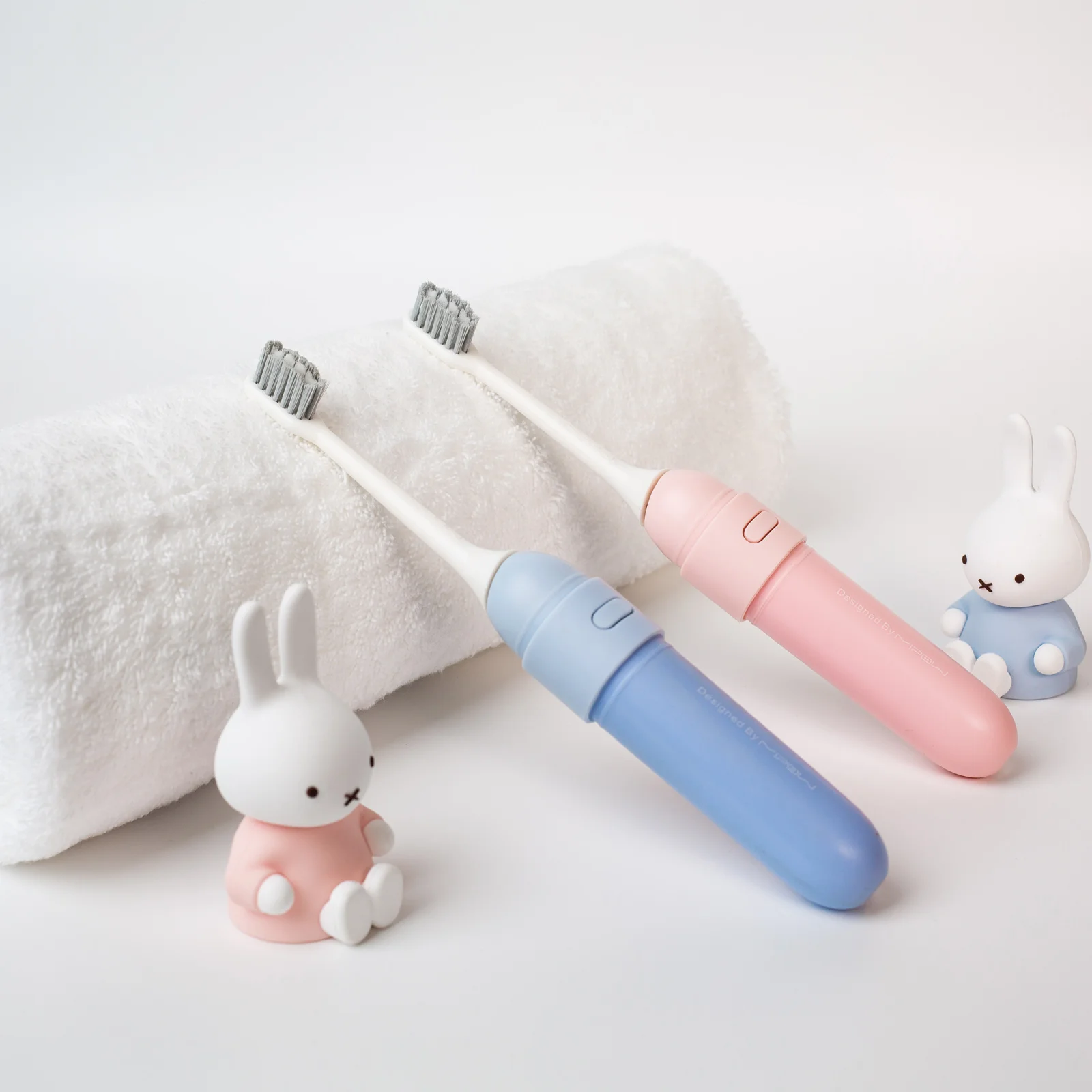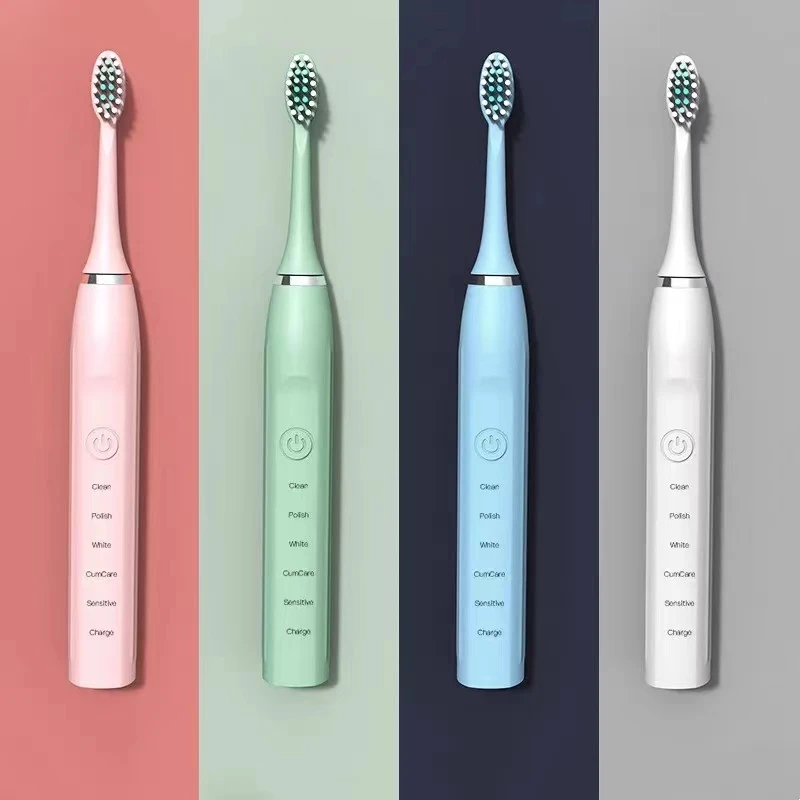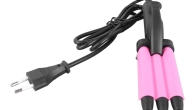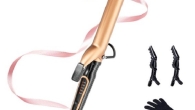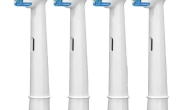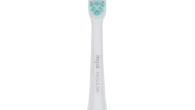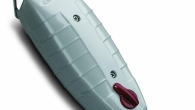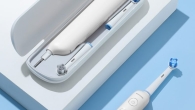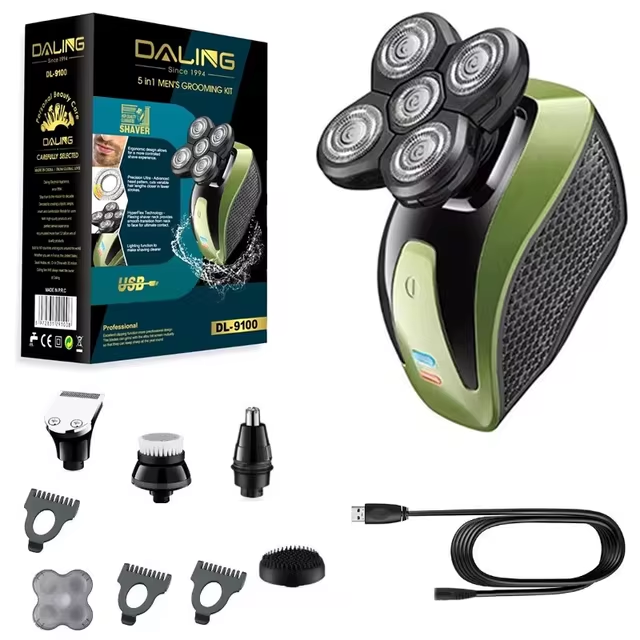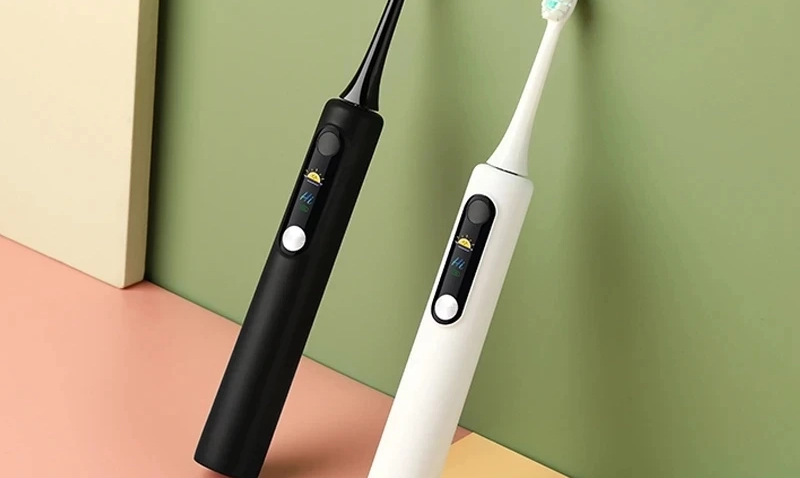
How Long Should I Brush My Teeth with an Electric Toothbrush?
When it comes to maintaining proper oral hygiene, many people often ask themselves, “How long should I brush my teeth with an electric toothbrush?” While the answer can vary based on individual needs, the general consensus among dental professionals is that two minutes is the ideal time to dedicate to brushing your teeth. However, there’s much more to this topic than simply setting a timer. In this article, we will delve into the intricacies of the ideal brushing duration, the benefits of using an electric toothbrush, and other dental care tips for optimal oral health.
Understanding the Basics of Tooth Brushing
Tooth brushing is a vital component of oral hygiene. It serves to remove plaque, prevent cavities, and maintain overall dental health. Although electric toothbrushes are becoming increasingly popular, both manual and electric options can be effective if used properly.
Why Brush Your Teeth?
Brushing your teeth removes food particles and plaque—bacterial colonies that form on teeth and gums. If left untreated, plaque can harden into tartar and lead to conditions like gum disease and cavities. Furthermore, maintaining a routine of brushing your teeth twice daily is crucial for long-term oral health.
Importance of Duration
Research shows that the length of time spent brushing is just as important as the technique used. Brushing for a sufficient duration ensures that all surfaces of your teeth—front, back, and chewing surfaces—are cleaned effectively.
The Role of Electric Toothbrushes
Electric toothbrushes are designed to provide a more efficient cleaning process than manual brushes. They come equipped with various features that aid in effective brushing and encourage adherence to good oral hygiene practices.
Mechanisms of Action
Electric toothbrushes employ oscillating or rotating brushing heads that can provide hundreds to thousands of strokes per minute. This rapid action helps dislodge plaque and debris more effectively than manual brushing methods.
Specialized Features
Many electric toothbrushes come with timers, pressure sensors, and custom modes for different cleaning needs (like sensitivity or whitening). These features serve as reminders to brush for the recommended duration and can lead to better brushing habits.
Recommended Brushing Duration
When considering “How long should I brush my teeth with an electric toothbrush?” the American Dental Association (ADA) recommends a minimum of two minutes of brushing time. However, this recommendation can be broken down into various segments for more effective dental hygiene.
Two Minutes and Beyond
While two minutes is a solid baseline, there is no upper limit to how long you can brush. In fact, taking additional time to focus on areas that require extra care, such as the back molars or areas with existing dental work, can be beneficial.
Segmenting Your Brushing Time
To make the two-minute mark more manageable, consider dividing your mouth into quadrants. Spend 30 seconds on each quadrant—upper right, upper left, lower right, lower left. This segmentation ensures that you give equal attention to all areas of your mouth.
Tech-Enabled Solutions
In recent years, many electric toothbrushes have integrated smart technology to enhance the brushing experience and promote better habits.
Mobile Apps
Many manufacturers provide mobile applications that can track your brushing habits, offer tips, and remind you when to schedule dental check-ups. Apps can provide a fun way to engage younger users and ensure that adequate time is spent on oral hygiene.
Built-in Timers
Most electric toothbrushes come equipped with built-in timers that alert you every 30 seconds. This allows you to track your progress and ensures that you don’t rush through the process.
Common Mistakes in Brushing Duration
Understanding “how long should I brush my teeth with an electric toothbrush” also involves recognizing common pitfalls or misconceptions.
Rushing Through the Process
Too many people set a timer for two minutes and think they’ve done a complete job without actually focusing on thorough cleaning. Brushing time should not just be about achieving a number; rather, it must be accompanied by good technique.
Failing to Replace Brush Heads
Neglecting to change out your electric toothbrush head every three to four months can hinder plaque removal efficiency. Wearing out bristles are ineffective and may even be harmful to your gums if they become frayed.
Tips for Effective Brushing
To ensure that the two minutes you spend brushing your teeth are as effective as possible, consider these additional tips.
Invest in Quality
Not all electric toothbrushes are created equal. Invest in a quality toothbrush that has received ADA approval. Look for features that suit your specific needs—like modeling for sensitive teeth or orthodontics.
Use Proper Techniques
Regardless of whether you use a manual or electric toothbrush, proper technique is key. Make sure to hold your brush at a 45-degree angle to your gums, use gentle circular motions, and remember to brush your tongue to remove bacteria and freshen breath.
Be Consistent
Consistency is critical. Brushing your teeth twice daily may feel tedious, but turning it into a routine can lead to healthier teeth and gums over time. Pair your brushing with flossing and mouthwash for a comprehensive dental care routine.
Keeping Up with Dental Check-Ups
While brushing is, of course, essential, it should be part of a more extensive dental care routine that includes regular check-ups.
Schedule Regular Visits
Ensure that you visit your dentist at least twice a year for a comprehensive check-up and cleaning. Dentists can identify potential concerns before they become severe and offer personalized recommendations for your oral care.
Ask for Professional Advice
During your visit, don’t hesitate to ask your dentist about your brushing technique, duration, and overall oral health. This is an excellent opportunity to gain insights that can take your dental care to the next level.
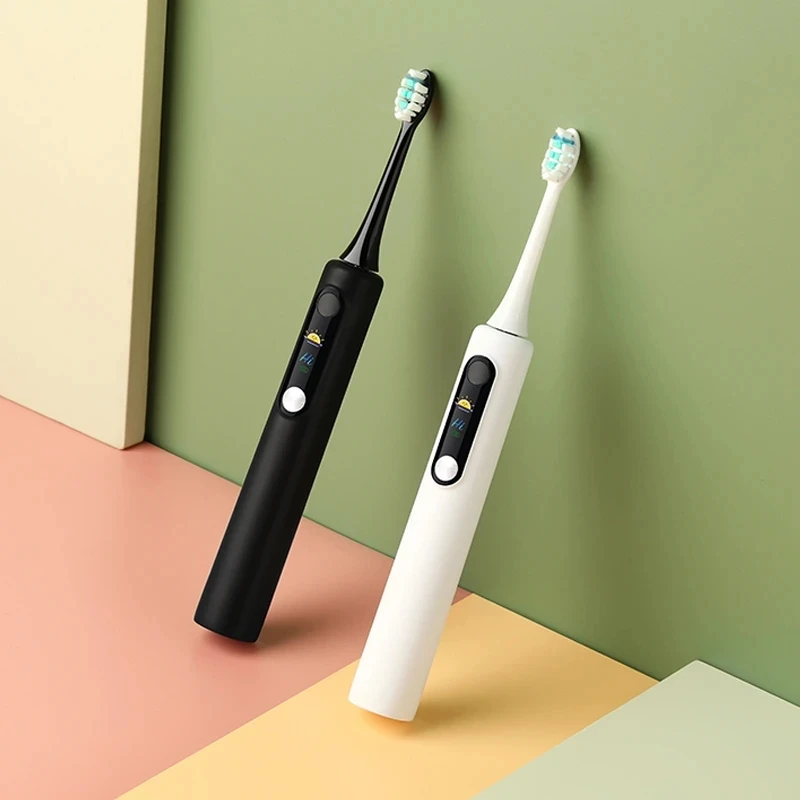 The Risks of Over-Brushing
The Risks of Over-Brushing
Tooth Enamel Erosion
When you use an electric toothbrush for longer than the recommended time, you risk damaging your tooth enamel. Enamel is the hard, protective coating on the surface of your teeth. Over-brushing can wear down this enamel, making your teeth more vulnerable to cavities and sensitivity.
Continuous aggressive brushing may lead to micro-abrasions on the tooth’s surface. These small scratches can gather plaque more readily and may enhance the risk of decay. Once enamel erodes, it doesn’t regenerate, leaving your teeth at risk for increased sensitivity and a greater chance of forming cavities.
Gum Recession
One of the more serious risks associated with over-brushing is gum recession. When you brush too hard or for too long, it can irritate and thin the gum tissue, leading to receding gums. Recessed gums expose the sensitive root of the tooth, which can be painful and lead to further dental complications.
In severe cases, gum recession can lead to periodontal disease, where the supporting structures of the tooth become compromised. This condition increases the risk of tooth loss and can affect your overall health.
Tooth Sensitivity
As enamel wears down and gums recede, individuals may experience increased tooth sensitivity. This sensitivity can cause pain or discomfort when consuming hot or cold foods and beverages. Over time, this can significantly affect your quality of life and dietary choices.
Conclusion: Your Journey Toward Good Oral Health
In summary, understanding “how long should I brush my teeth with an electric toothbrush” involves more than simply adhering to a two-minute timer. It’s about creating a consistent, well-rounded oral hygiene routine that includes the proper technique, advanced dental technology, and regular check-ups. By staying informed over time and developing good habits, you’ll be well on your way to achieving and maintaining excellent oral health for years to come. Remember, each minute you invest in your dental care reflects your commitment to a bright and healthy future!




